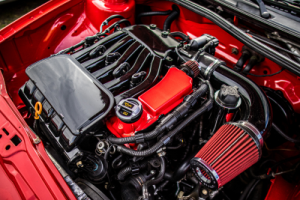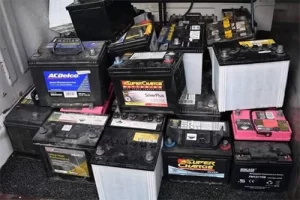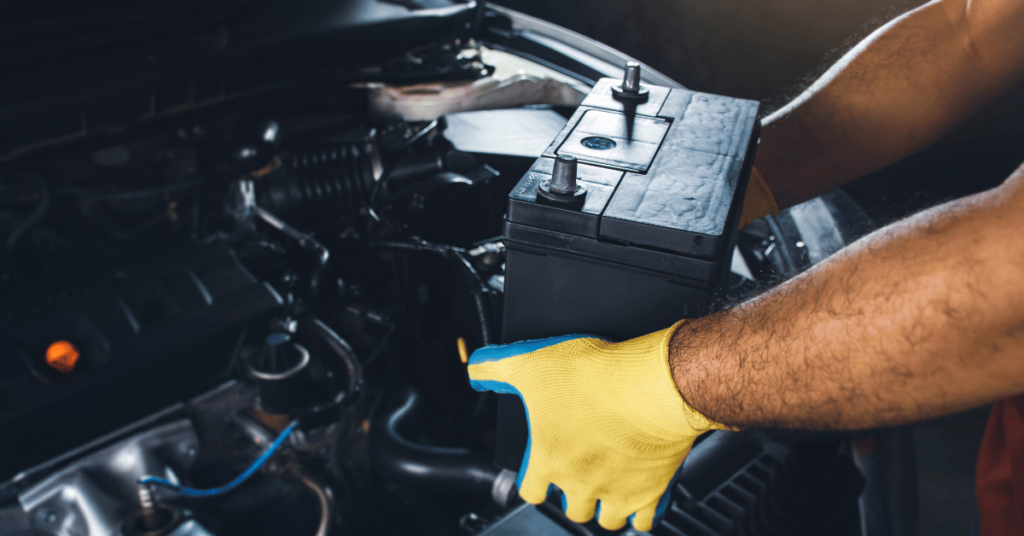Introduction To Second-Hand Car Batteries
Navigating the automotive maintenance and repair world can often lead to a crossroads between choosing new or used components. For many vehicle owners, the decision to opt for used parts, particularly when it comes to second-hand car batteries, presents a practical and economically sensible choice. This comprehensive guide delves into the various aspects of choosing used car batteries, underscored by the expertise and reliability offered by providers like BJ Wreckers.
Understanding the Value of Second-Hand Car Batteries
Choosing a used car battery means selecting a product previously operated in another vehicle. These items often originate from vehicles no longer in service, salvaged before the car is recycled. The primary attraction of these batteries lies in their cost-effectiveness and potential environmental benefits.
The Economic and Ecological Benefits
- Affordability: One of the most significant advantages is the cost savings. These batteries are available at a fraction of the price of their new counterparts, making them an attractive option for budget-conscious consumers.
- Environmental Impact: Opting for a used battery contributes to environmental conservation efforts. It reduces waste and the demand for new battery production, decreasing the associated ecological footprint.
- Reliability and Performance: Contrary to what some might expect, these batteries can be dependable. They are typically rigorously tested to ensure they meet specific performance standards before being resold.
Critical Considerations
There are essential factors to keep in mind:
- Battery Lifespan: Understanding the age and estimating the remaining useful life of the battery is crucial.
- Compatibility and Performance: It’s vital to ensure that the battery fits and performs adequately in your specific vehicle model.
- Warranty and Vendor Reliability: Choosing a reliable seller with a warranty or guarantee is essential for added peace of mind.
BJ Wreckers: A Trusted Source
This provider has established a reputation for quality and reliability in automotive parts, especially in the niche of used car batteries. Their commitment to offering dependable and environmentally sustainable options distinguishes them.
Ensuring Quality and Satisfaction
Their process involves meticulous testing of each battery, guaranteeing performance and longevity. This thorough approach ensures that customers receive products that are not only affordable but also reliable.
Sustainable Automotive Solutions
Their focus on sustainable practices resonates with the growing global emphasis on environmental responsibility. By offering second-hand car batteries, they play a vital role in reducing the environmental impact of automotive parts.
Making an Informed Decision
Balancing various factors is crucial for a wise decision when selecting a used car battery. While affordability and environmental impact are significant, ensuring the battery’s suitability for your vehicle and the vendor’s reliability are paramount.
Buyer’s Guide
- Conduct Thorough Research: Understand the specifications and requirements of your vehicle to ensure compatibility.
- Physical Inspection: If possible, examine the battery for any signs of physical wear or damage.
- Verify History and Testing Results: Request documentation or proof of testing to ascertain the battery’s condition and history.
- Understand Warranty Terms: Be clear about the warranty or guarantee terms to ensure protection against potential post-purchase issues.
Conclusion
Purchasing a used car battery is economically beneficial and an environmentally conscious decision. Customers can rely on the quality and reliability of their purchase by opting for a trusted source like BJ Wreckers. This decision goes beyond mere cost-saving; it represents a thoughtful, responsible approach that benefits both the individual and the environment.
Opting for used car batteries is a practical, sensible alternative in the automotive world, where choices can significantly impact wallets and the planet. It’s a testament that economic decisions can also be environmentally responsible and quality-driven.
For those looking to explore more about automotive parts and services that combine quality with sustainability, we invite you to visit our website. Our dedication is to provide top-tier automotive solutions that cater to diverse needs and preferences, all while upholding our commitment to quality and environmental stewardship.





